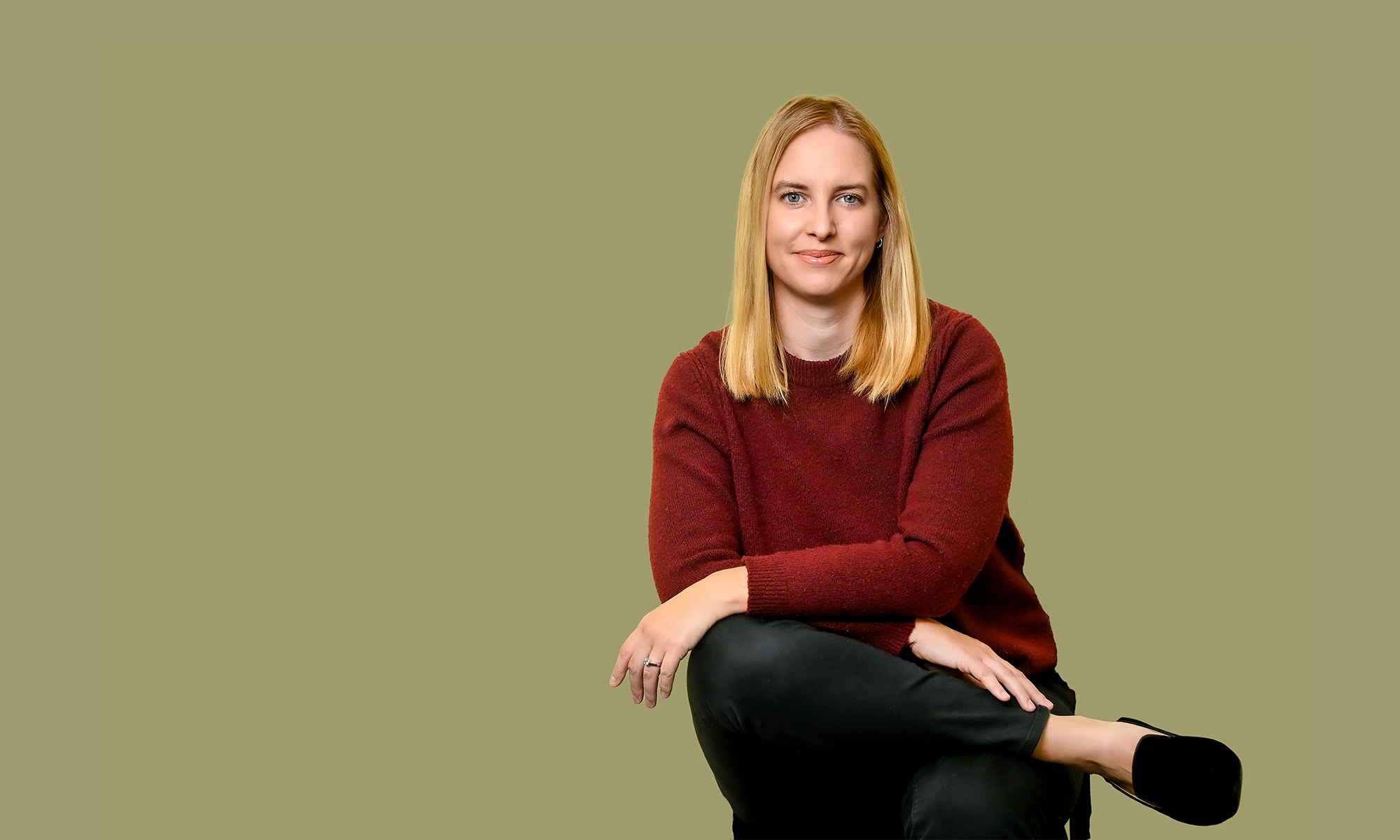If you’ve ever taken a yoga class, you might remember that instructors end classes with a final relaxation pose. You are asked to lie on your back with your arms stretched and placed a bit out from your sides. Your legs are apart, and your eyes are closed. The instructor subtly reminds you to relax and that the work for the class is done. You have reached the time in class to completely rejuvenate yourself.
This has always been my favorite part of yoga classes, which are my preferred way to care for myself. I usually do this at the Spartanburg YMCA, but now I am doing it in my living room with a yoga YouTuber while my toddler naps in the next room.
Reminding myself and my students about the importance of self-care is where I find myself while teaching amidst a pandemic. I traditionally teach classes on the Middle East and the ethnographic method, but this semester I want my students to remember the value of self-care. Therefore, my course is no longer solely focused on the traditional work we originally planned. Yes, we will still do some items left on the syllabus, and I hope those tasks will be a moment to escape the anxiety of the pandemic and not cause undue stress to my students. Yet at the core of the class now is adding in the practice of self-care and self-compassion.
In the last two years, I have experimented with adding self-care into my classroom — usually a day or two each semester where I ask students to use time they would have spent in class to care for themselves — in whatever way or form that they need. We also do a few readings on self-care. Usually at the heart of the discussion is how self-care is going against the go, go, go narrative of a very driven and busy American society. Now, that entire narrative has been turned on its head.
To fight this virus, we are told that doing less is doing more. We have been asked to reconstruct how we care for others — to not be with them but instead to distance ourselves from them and shelter in. We have stopped what we were planning to do, and we wait. But sheltering in, just like self-care, is embedded with privilege. For example, some of us are still working long hours while also taking care of, or homeschooling, children, and our workload has increased exponentially. Others are working in essential services patrolling the streets, caring for sick patients, stocking grocery store shelves or in labs hurriedly seeking a vaccine for this virus. Some of us have houses and yards to shelter in for comfort, while others are cramped in small spaces with those who we didn’t necessarily plan to be living with. All this to say, though we now have the “time” for self-care, it can still be difficult to achieve, and it can be a challenge to carve out time for ourselves even if sometimes it feels like all we have some days is time. Now more than ever I am reminded of the quote from Audre Lorde, “Caring for myself is not self-indulgence, it is self-preservation, and that is an act of political warfare.”


Hi, this is a comment.
To get started with moderating, editing, and deleting comments, please visit the Comments screen in the dashboard.
Commenter avatars come from Gravatar.